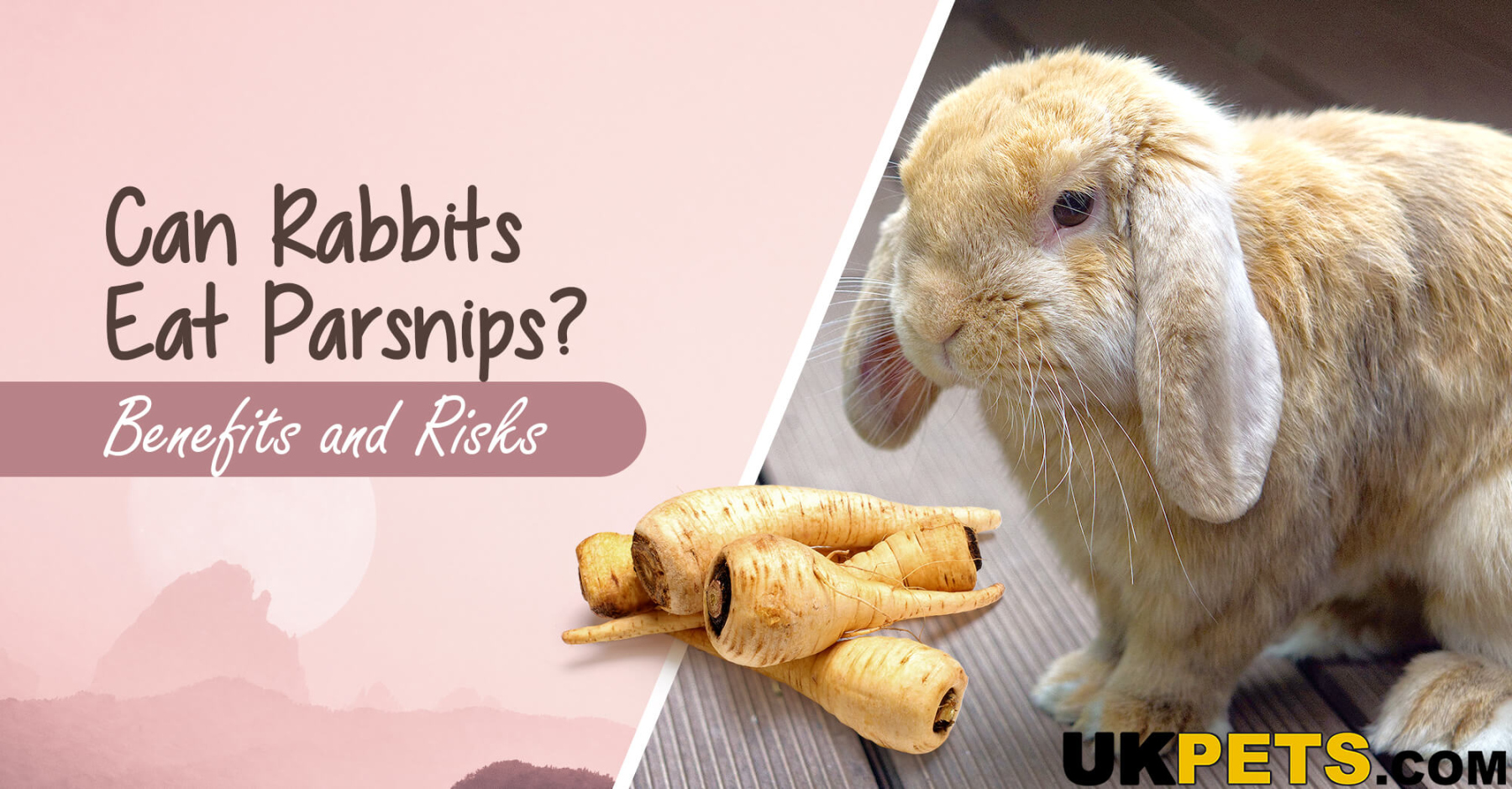Can Rabbits Eat Parsnips?
Rabbits are herbivores and their diet primarily consists of hay, fresh vegetables, and a small amount of fruit. While rabbits can eat a variety of vegetables, it is important to ensure that they are safe and healthy for them to consume. One vegetable that often comes into question is parsnips. So, can rabbits eat parsnips? Let’s find out.

Nutritional Value of Parsnips
Parsnips are root vegetables that are closely related to carrots and parsley. They are rich in nutrients and provide several health benefits to humans. However, the nutritional needs of rabbits are different from humans, and not all human foods are suitable for them.
Parsnips are high in fiber, which is essential for a rabbit’s digestive health. They also contain vitamins C, E, and K, as well as minerals like potassium and manganese. However, parsnips are quite starchy and contain a moderate amount of sugar. This high sugar content can be problematic for rabbits and may cause digestive upset or weight gain if consumed in large quantities.
Can Rabbits Eat Parsnips?
While rabbits can technically eat parsnips, it is not recommended to include them as a regular part of their diet. The high sugar and starch content can disrupt the delicate balance of bacteria in a rabbit’s gut, leading to digestive issues like diarrhea and bloating. Additionally, the excess sugar can contribute to weight gain and obesity in rabbits, which can have detrimental effects on their overall health.
Furthermore, parsnips are not as easily digestible for rabbits as other vegetables. Their digestive system is designed to efficiently process fibrous foods like hay and leafy greens. Introducing starchy vegetables like parsnips can put unnecessary strain on their digestive system and lead to discomfort.
How to Safely Feed Parsnips to Rabbits
If you still wish to offer parsnips to your rabbit as an occasional treat, it is important to do so in moderation and take certain precautions:
- Only feed small amounts: Limit the serving size to a small piece, about the size of a thumbnail, and only offer it once or twice a week.
- Introduce gradually: Start by introducing a tiny portion of parsnip to see how your rabbit reacts. If there are no adverse effects, you can gradually increase the portion size.
- Remove the skin: Peel the parsnip before feeding it to your rabbit. The skin can be tough and difficult to digest.
- Monitor closely: After feeding parsnips to your rabbit, observe their behavior and droppings. If you notice any signs of digestive upset, stop feeding them parsnips immediately.
Remember, the main components of a rabbit’s diet should be high-quality hay, fresh leafy greens, and a small amount of rabbit pellets. Treats like parsnips should always be given sparingly to maintain a healthy balance.
Frequently Asked Questions (FAQs)
1. Can rabbits eat parsnip tops?
Yes, rabbits can eat parsnip tops or greens. They are safe for rabbits and can be a healthy addition to their diet. However, as with any new food, it is important to introduce them gradually to avoid any digestive issues.
2. Are cooked parsnips safe for rabbits?
No, cooked parsnips are not suitable for rabbits. Rabbits should only eat fresh, raw vegetables. Cooking alters the nutritional composition of vegetables and can make them harder to digest for rabbits.
3. Can rabbits eat parsnip leaves?
Yes, rabbits can eat parsnip leaves in small quantities. Parsnip leaves are leafy greens and provide additional nutrients to a rabbit’s diet. However, it is important to wash them thoroughly to remove any pesticides or dirt before offering them to your rabbit.
4. Are parsnips poisonous to rabbits?
No, parsnips are not poisonous to rabbits when fed in small quantities. However, due to their high sugar and starch content, feeding large amounts of parsnips can lead to digestive issues and weight gain. It is best to offer parsnips as an occasional treat rather than a regular part of their diet.
In conclusion, while parsnips can be fed to rabbits in small amounts occasionally, they should not be a staple in their diet. Always prioritize hay, fresh vegetables, and rabbit pellets as the main components of their daily meals to ensure their overall health and well-being.
Related Articles…
Copyright Notice:
This website utilizes images found online, all copyrights are retained by their original owners. If you would like an image removed, kindly contact us.